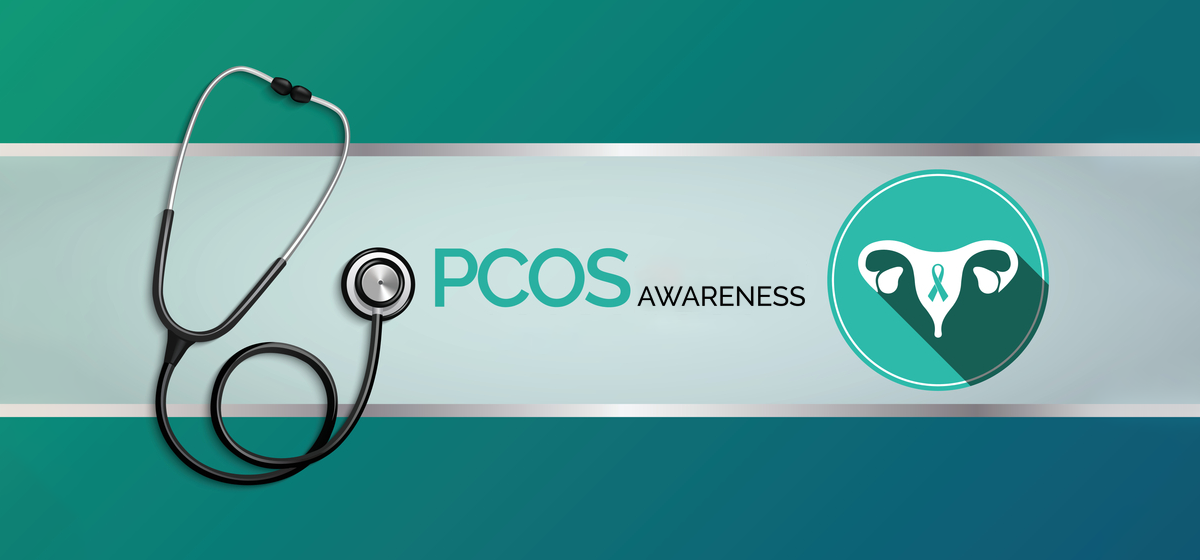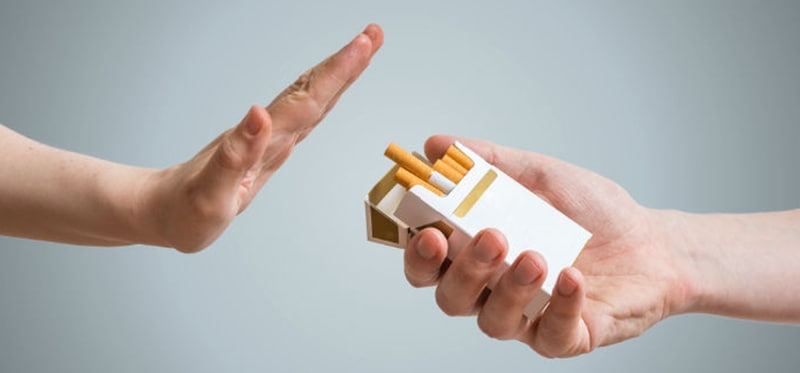Physiotherapy aids in restoring the movement and functioning of the individual who was previously affected by an injury, illness, or disability. Physiotherapy includes manual therapy, education, advice, movement, and exercise. It can help people of all ages stay active, manage aches and pain, and prevent diseases.
Physiotherapy encourages development, facilitates recovery, and enables individuals to stay independent for as long as possible. It approaches the overall health, well-being, and general lifestyle of the patient through education, empowerment, and active participation in their treatment. It helps with sudden injuries, aches, and pains, and treating long-term medical conditions such as asthma and preparing for childbirth or sports.
Here are some of the ways Physiotherapy helps patients:
- Neurological Conditions like stroke, Parkinson’s, and multiple sclerosis can be treated and made through physiotherapy.
- Neuromusculoskeletal Conditions like back pain, arthritis, whiplash associated, and sports injuries can be recovered through the use of physiotherapy.
- Cardiovascular Conditions such as chronic heart disease, cystic fibrosis, and obstructive pulmonary disease in patients can be treated through physiotherapy.
- Respiratory Conditions such as asthma, cystic fibrosis, and obstructive pulmonary disease.
Physiotherapists work in a variety of specializations like general health and social care through education, research, and service management. It also includes physical rehabilitation, injury prevention, health, and fitness.
Physiotherapy helps to improve your mobility and overall functioning in the following ways:
Exercise – It helps you to improve movement and strength in a particular part of your body after you make it a routine for a long period of time.
Other Activities – Other activities that involve moving your whole body such as walking and swimming can help you to recover from an operation or injury that adversely impacts your movement or mobility.
Hydrotherapy or Aquatic Therapy – Exercises carried out in warm and shallow water can help you relax your muscles and joints while providing resistance to eventually grow stronger.
Maintaining Physical Activity – Advice, and exercises help you to maintain your physical activity safely and effectively.
Providing Mobility Aids – Crutches and walking sticks help you move around freely without any help from others.
Your physiotherapy session will be unique as every individual has different needs. A physiotherapist analyses your medical history assesses and diagnoses your condition and accordingly, you receive a treatment plan to set goals for you.
The course of exercise and assistive devices prescribed by the physiotherapist is unique to your needs. Physiotherapy can help you increase the general stamina level, fitness, and activity level alongside preventing aches and pains by making you stronger and healthier. Physiotherapy initiates the release of endorphins, a naturally-occurring hormone that acts as the body’s natural painkiller. It increases your heart and breathing rates while aerobic exercises improve your body’s utilization of oxygen.
Don’t ignore acute pain and continue to suffer because being in a state of continuous pain, even if low grade, it not only impacts your daily activities but also influences your mental health negatively. Consult a doctor and get rid of your pain so that you may enjoy a better quality of life, you can also get physiotherapy equipment here to get some relief at home!





